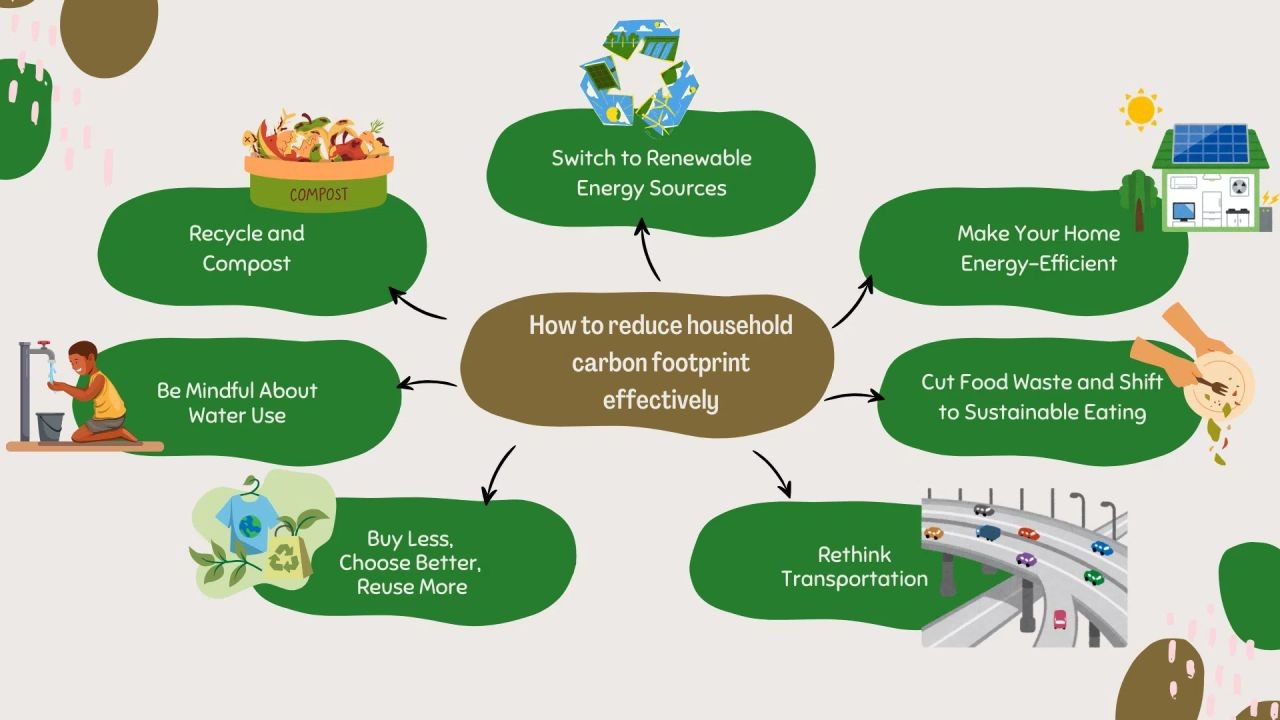Artificial Intelligence (AI) is not just a buzzword but a transformative force reshaping industries globally, including real estate. In Australia, AI is increasingly influencing property prices, offering both challenges and opportunities. As the Australian real estate market grapples with affordability issues, AI could be a double-edged sword—streamlining processes while potentially exacerbating price volatility.
The Role of AI in the Australian Real Estate Market
AI's impact on real estate is multifaceted, from automating property valuations to enhancing customer experiences. A report by CoreLogic highlights that AI-driven analytics can predict property price trends with up to 85% accuracy. Such predictive capabilities are invaluable in a market where prices in cities like Sydney and Melbourne have seen double-digit growths post-pandemic, according to the Australian Bureau of Statistics (ABS).
AI and Property Valuation
AI algorithms use vast datasets to evaluate properties with precision, factoring in variables like location, amenities, and market trends. This technological intervention can refine the valuation process, providing more accurate pricing models. However, as AI-driven valuations become mainstream, the risk of over-reliance could introduce volatility. The Reserve Bank of Australia (RBA) warns that AI could potentially fuel speculative bubbles if not monitored properly.
Enhancing Customer Experience
AI-powered chatbots and virtual assistants are revolutionizing customer interactions in real estate. Proptech firms in Australia are leveraging these tools to offer 24/7 support, providing instant property information. As a result, customer satisfaction rates have improved, with a 30% increase in user engagement reported by PropTrack, a leading Australian real estate analytics firm.
Case Study: AI in Action in Sydney's Real Estate Market
Let's consider a real-world example of AI's impact on the Australian real estate market:
Case Study: PropTech Innovators in Sydney – Transforming Property Transactions
Problem:
In Sydney, a city with one of the most competitive real estate markets globally, buyers and sellers faced challenges with property pricing transparency and transaction speed. Traditional methods were time-consuming and often inaccurate, leading to buyer distrust and market inefficiencies.
Action:
A Sydney-based proptech firm integrated AI algorithms into their platform to enhance property valuations and streamline transactions. They partnered with data analytics experts to build a predictive model that evaluated over 100 variables affecting property prices.
Result:
- Property valuation accuracy improved by 40%, reducing disputes over pricing.
- Transaction times decreased by 50%, enhancing buyer and seller satisfaction.
- The firm reported a 25% increase in market share within a year.
Takeaway:
This case study underscores AI's potential to improve transparency and efficiency in property transactions. By adopting AI technologies, real estate firms can enhance customer trust and gain competitive advantages in Australia's dynamic market.
Pros and Cons of AI in Real Estate
Pros:
- Efficiency: AI automates time-consuming tasks, expediting transactions.
- Accuracy: Advanced algorithms offer precise property valuations.
- Customer Engagement: Virtual assistants enhance user interaction and satisfaction.
Cons:
- Volatility Risk: Over-reliance on AI predictions can lead to market instability.
- Privacy Concerns: Data-driven AI systems may raise privacy issues.
- Regulatory Challenges: Navigating AI regulations can be complex.
Future Trends: AI's Growing Influence on Property Prices
As AI continues to evolve, its impact on property prices in Australia is expected to grow. The RBA forecasts that AI-driven analytics will become a standard feature in property transactions by 2030. Moreover, AI could further integrate with blockchain technology to enhance transaction security and transparency, addressing some of the current privacy and regulatory concerns.
Common Myths and Mistakes in AI-Driven Real Estate
Myths:
- Myth: AI will completely replace human agents.
- Reality: AI complements agents by handling repetitive tasks, allowing them to focus on client relationships.
Mistakes to Avoid:
- Mistake: Ignoring ethical considerations in AI implementation.
- Solution: Adhere to guidelines from the Australian Competition & Consumer Commission (ACCC) to ensure ethical AI use.
Conclusion
AI is undeniably reshaping the Australian real estate landscape, offering significant benefits while also presenting challenges. As the technology becomes more integrated, stakeholders must navigate ethical and regulatory landscapes carefully. For investors and real estate professionals, staying informed about AI trends will be crucial for leveraging its full potential. What are your thoughts on AI's impact on Australian real estate? Share your insights below!
People Also Ask
- How is AI affecting property prices in Australia? AI influences property prices by improving valuation accuracy and streamlining transactions, potentially leading to market volatility if not regulated.
- What are the benefits of AI in real estate? AI enhances efficiency, accuracy, and customer engagement, offering competitive advantages in Australia's dynamic market.
Related Search Queries
- AI in Australian real estate
- Impact of AI on property prices
- Future of real estate in Australia
- AI-driven property valuations
- AI and real estate market trends































